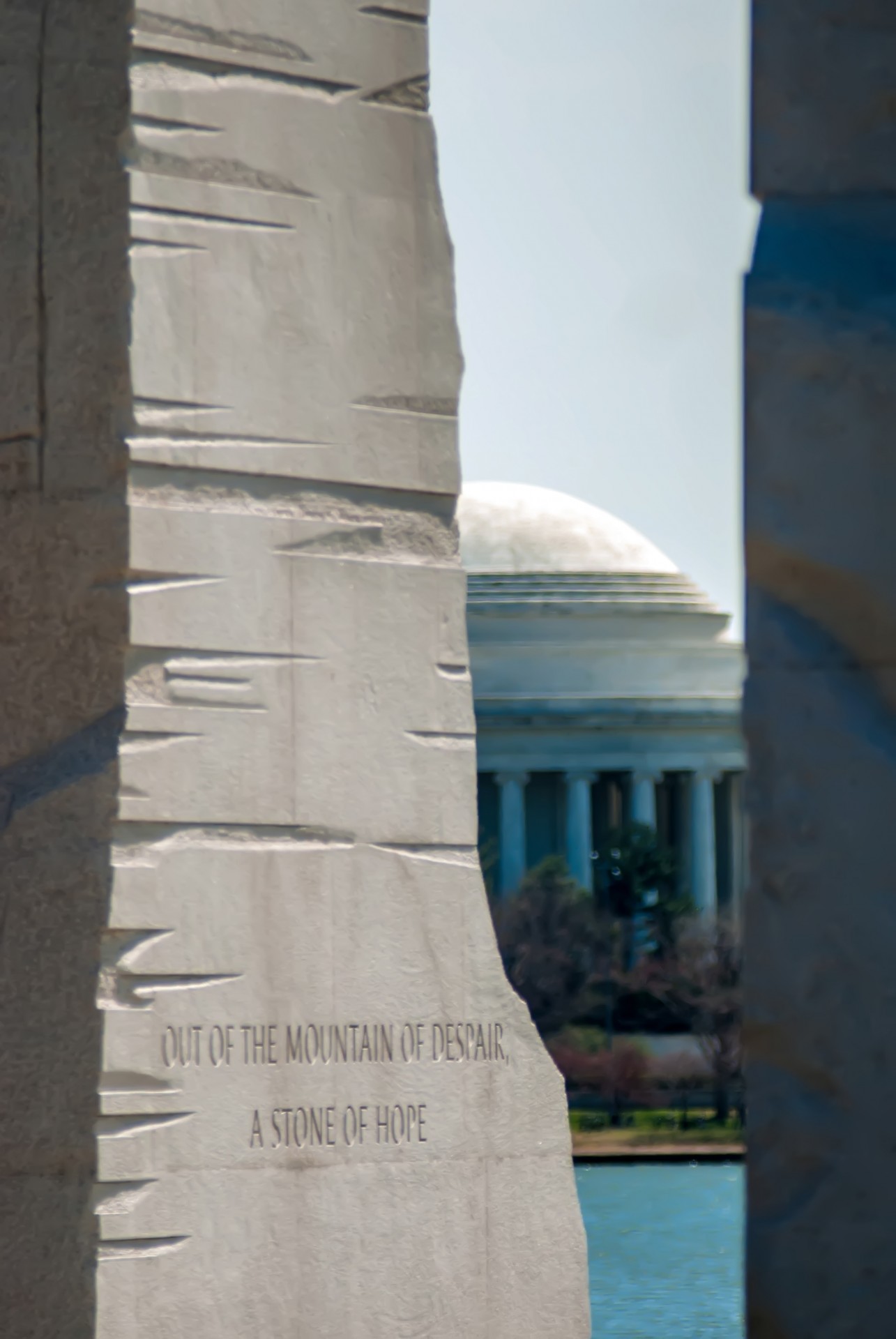

| Online: | |
| Visits: | |
| Stories: |

| Story Views | |
| Now: | |
| Last Hour: | |
| Last 24 Hours: | |
| Total: | |
MLK and Confronting America's Past
Cara Burnidge
It could be the ice storm across the Midwest and the generally dreary whether, but this year I find myself in a more reflective mood than in past Martin Luther King, Jr. Days. It's hard not to feel like this year is different. The legacy of King and the Civil Rights Movement are openly under fire as the President-Elect and others question the integrity of one of the nation's pivotal civil rights leaders. Americans and American institutions present themselves as honoring King when their past or present is openly known to have obstructed his efforts or oppose his positions. The consequences of not knowing the history of the Civil Rights Movement, like the horrors activists endured and the depths of the racial injustice in America, seem more apparent than ever. To teach religion in America at this time is both a privilege and an awesome responsibility.
What a week we will have in front of us. We begin it with Martin Luther King Jr. Day and we end it with the inauguration of President Donald J. Trump.
These historic bookends remind me of what I consider to be most poignant aspect of the Martin Luther King Jr Memorial in Washington, D.C. When visiting the memorial, most stand in awe, looking up at King emerging from the stone of hope. It is a beautiful work of art, no doubt. King certainly rose above the society he was born into. But when I visit it, I prefer to stand beside King and face the direction he faces. When you do, you see the intentional efforts of the monument's designers to have King face the Thomas Jefferson memorial. The symbolism, the National Parks Service explains, highlights the trinity of leaders honored in D.C.:
“The plans aimed to create an entire city to remind us “what we should be trying to achieve as a nation, as a society [and] as human beings on this planet.” For the “I Have a Dream” speech, King stood on the steps of the Lincoln Memorial and referenced the Declaration of Independence, penned by Thomas Jefferson. The symbolism helped to reinforce core American values that appealed to all Americans, highlighting the injustice perpetuated by segregation.”
I like to see it a different way. I imagine King to be staring down Jefferson, holding the man and his words accountable in American culture and law. I imagine Jefferson not being able to look up, on, or out without being reminded of who was left out of ideals and his America for so long. It creates a tension rather than a harmony in my mind. A poignant and unavoidable tension in American history that deserves reflection. To honor that tension, rather than any one triumph, I like to stand beside the King memorial and imagine that I too confront America's past.
A Group Blog on American Religious History and Culture
Source: http://usreligion.blogspot.com/2017/01/mlk-and-confronting-americas-past.html



